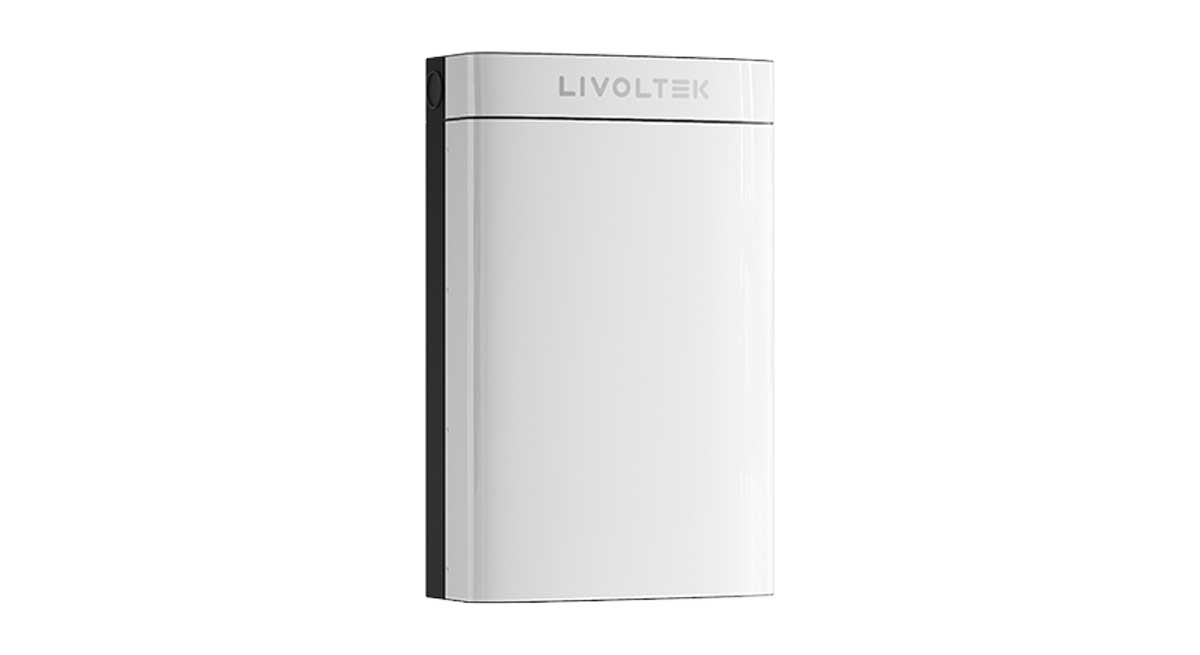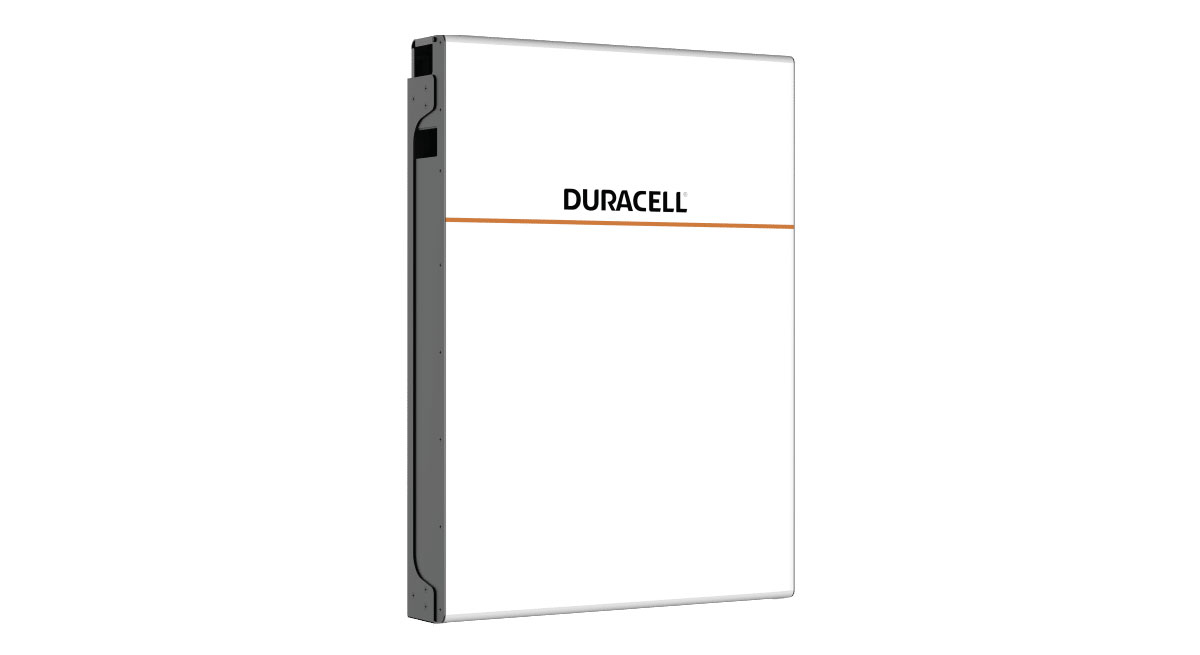Solar Battery Storage for Homes in Ireland: Enhance Energy Independence
Key Takeaways
- 1A 5kW solar battery will cost between €1,700 and €3,000 in Ireland.
- 2Battery storage systems can be charged with unused solar power or cheaper nighttime electricity.
- 3Solar Batteries have a lifespan of 10+ years
- 4Storing solar energy can be more financially lucrative than selling it back to the grid.
Solar Batteries Ireland – Our Recommendations
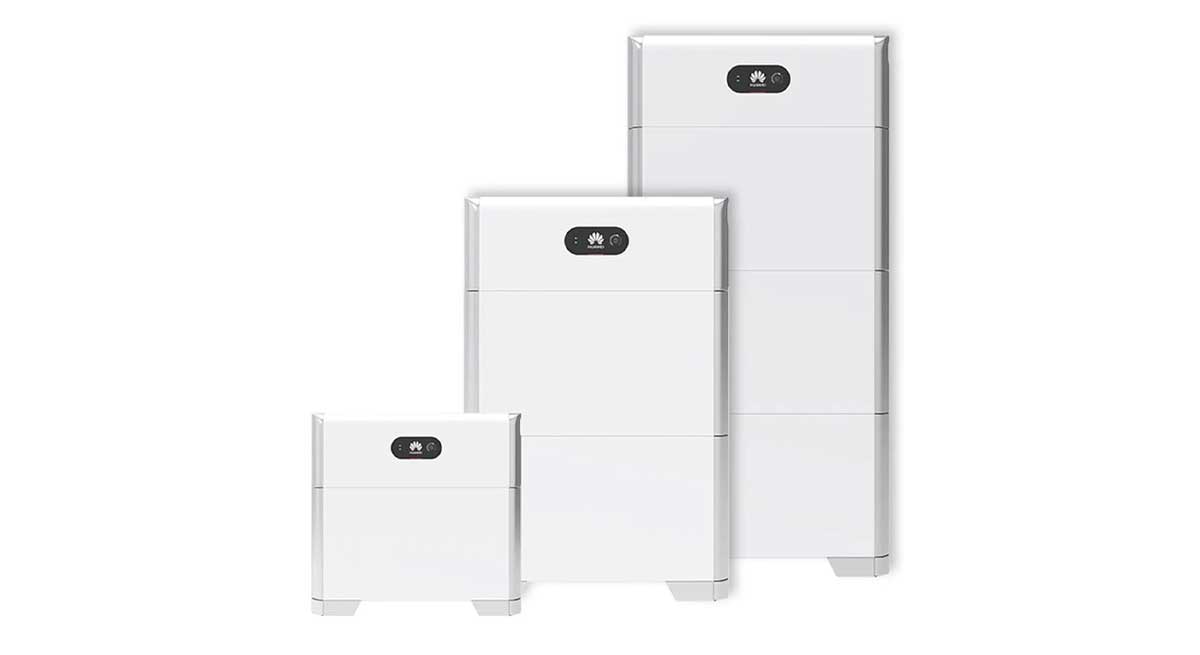
Huawei LUNA Smart Battery
- Scales from 5kW – 30kW capacity
- Multiple dynamic operating modes
- 100% Depth of Discharge
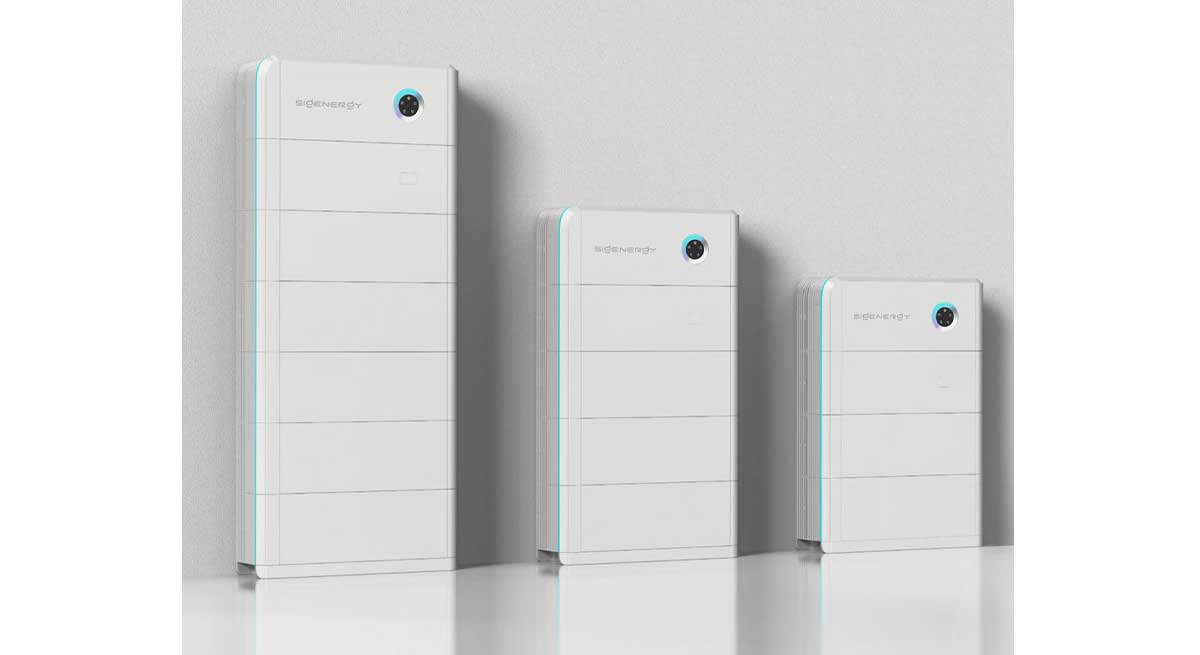
SigenStor Battery System
- Scales up to 48kW capacity
- Combines Inverter & Battery System
- Direct EV Charging
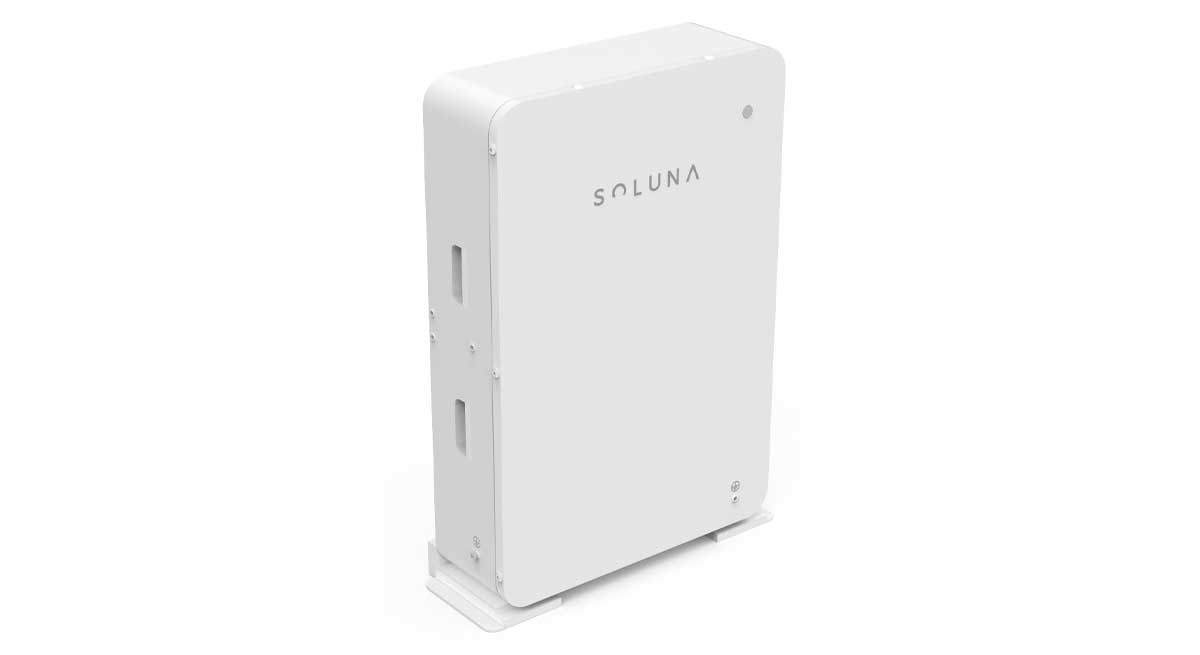
Soluna Battery Systems
- Flexible & Scalable 5kW & 10kW Battery Packs
- Rated for over 6,000 discharge cycles
- Elegant household design
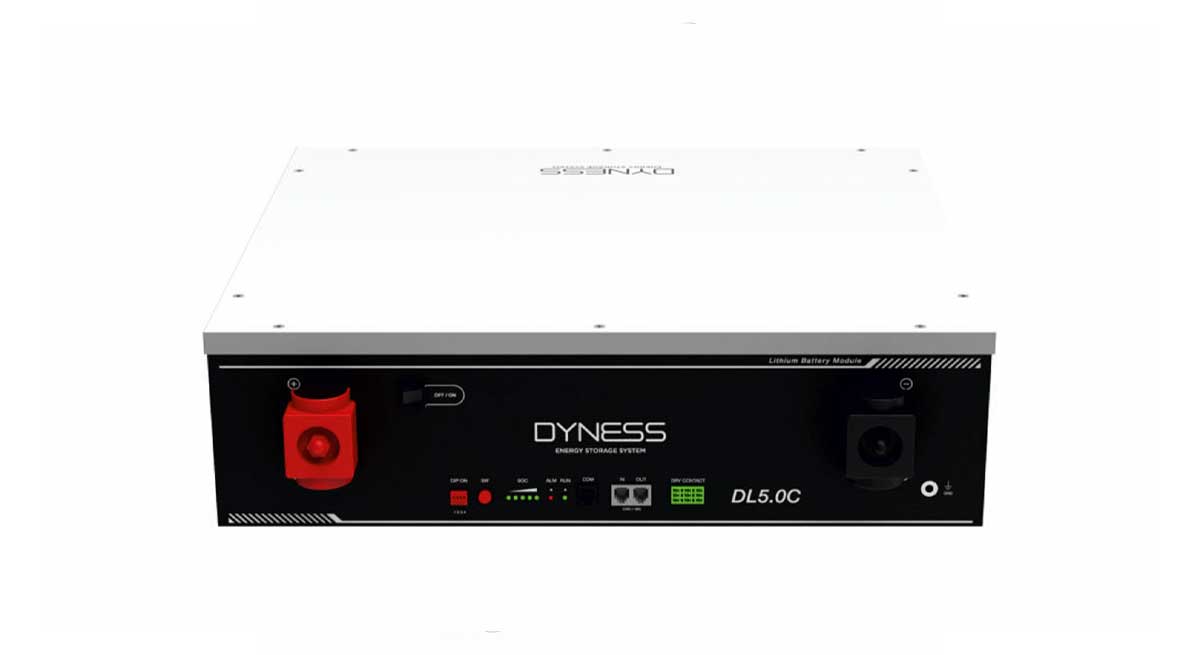
Dyness Solar Batteries
- Wide range of capacity options
- Operate dozens of modules in parallel
- Broad inverter compatibility
Solar Panel Battery Cost Ireland 2026
Getting a 5kW solar battery in Ireland will cost between €1,700 and €3,000 in most instances. The price of a battery can vary depending on the brand and the number of features it has.
The overall cost of solar battery storage for your home comes in three parts.

Battery Cost
The price of the battery itself. In some models, this may also include an additional module for power management.

Inverter Cost
Installing a battery requires a hybrid solar inverter. This is more expensive than a grid-tied string inverter for PV systems without storage.

Installation Cost
The cost of having the battery installed. This includes the labour and materials required, such as wiring.
Getting a second battery for your home is less expensive than the first. This is because the inverter cost, and most or all of the installation costs, are already covered.
Solar Battery Grants in Ireland
There are no direct grants for solar batteries in Ireland. The Sustainable Energy Authority of Ireland used to have a grant programme for home battery storage, which ended in 2022.
However, homeowners who are getting solar panels installed with the aid of the SEAI grant can also get a solar battery. The system will still qualify for the solar panel grant, but there will be no extra funding for a battery.
See how much you can save on the cost of home solar panels: Solar Panel Grants Guide
Solar Battery Return on Investment
The Return on Investment you receive from a solar battery will depend on a number of factors about the battery system itself and how you use it.
- 1
Battery Cost: What is the price you paid for the battery?
- 2
Battery Savings: How much you save each year by having a solar battery.
- 3
Battery Lifespan: What is the expected lifespan of the battery?
With each of these in mind, the ROI of a solar battery will vary greatly from household to household.
How much can you save with Solar Battery Storage?
There are two ways to save money with solar battery storage:
Excess Solar
Storing excess solar energy in the afternoon at the time so that it can be used later in the day rather than exported.
Nighttime Charging
Charging a battery from the grid at night when prices are cheaper to use the following day.
The level of those savings will also depend on a variety of factors.
Battery Capacity: How much energy the battery can store in a single charge.
Solar PV Output: The annual output from your home solar PV system.
Solar Self-Consumption: The proportion of your solar electricity that is used at home vs exported.
Electricity Costs: What you pay for electricity from the grid and the feed-in tariff for exported electricity.
Typically, a solar battery can increase the self-consumption of solar electricity by 20% – 30% depending on the system’s characteristics.
Solar Batteries Explained – What are They?
Most homes with solar panels won’t use all of the electricity they generate. A solar battery is a large home battery storage system designed to store excess solar electricity solar power for later use.
A solar battery is designed to take any power generated from solar panels that is not immediately consumed in the home. That stored power can then be used in the evening to power your home when solar panels are no longer productive.
Solar Battery Technology Explained
There are multiple types of battery technology, but for solar batteries, variants of Lithium Ion batteries are the only ones really in use.
The best solar batteries these days are made with Lithium-Iron Phosphate (LiFePO4). These are extremely popular for some battery systems for a variety of reasons.
- 1
Long Lifespan: The majority of solar batteries on the market now have a lifespan of 8,000 – 10,000 charging and discharging cyles.
- 2
High Safety: A Lithium Iron Phosphate battery is extremely safe, with high thermal and chemical stability. This means there is little risk of fires.
- 3
Low Cost: LiFePO4 batteries have a lower cost per kW than other lithium-ion batteries. An important consideration for homeowners buying large capacity batteries.
AC and DC Coupling
There are two ways to set up a solar PV system with battery storage connected. These are called AC-Coupling and DC-Coupling.
For most homeowners, whether or not to use DC or AC Coupling will depend on whether you are installing a battery alongside a new solar PV system (DC Coupled) or retrofitting an existing system with a new battery (AC Coupled).
Your solar installer will provide advice on the solution that is best suited to your home, needs, and budget.
To get more technical, DC and AC Coupling refer to where the battery is connected on the system, and how other power will have to be inverted.
To explain the reasons behind the two different types of setup:
- 1Solar panels produce Direct Current (DC) electricity.
- 2Battery systems also store power as DC.
- 3Your home uses alternating current (AC) power.
- 4The solar inverter acts as the middleman, converting DC to AC and back as needed.
DC Coupling
- The battery is connected to the solar panels.
- DC power is sent directly from the panels to the battery
- That stored power only needs to be inverted once, DC -> AC, for use in the home.
- This has higher efficiency as less power is lost in the conversion process
AC Coupling
- The battery is connected to the inverter rather than to the battery.
- DC power is sent from the solar panels to the inverter.
- This is converted to AC power and used first in the home.
- Excess AC power is inverted again and sent to the battery.
- To use battery power, it must be inverted 3 times: Solar Panels – Inverter (DC – AC), Inverter – Battery (AC – DC), Battery – Home (DC – AC).
Both options have different advantages. DC Coupling is more efficient, but can be more difficult to retrofit onto existing PV systems. It can also be harder to add more battery capacity later.
AC Coupled systems are easier and cheaper to retrofit onto solar PV systems and AC power grids. However, more power is lost in the process from being inverted multiple times.
Benefits of Solar Home Solar Batteries
A solar battery can bring many benefits in terms of the money you save, further reducing your carbon footprint, and providing greater energy security.
The value of getting a battery storage system must be weighed against potential downsides if your household electricity usage is not suited for it.
There are multiple advantages to getting a solar storage battery, such as:
Increased Solar Usage: Use more of the electricity generated by your home solar panels by storing excess power for later.
Electricity Savings: Save more money on electricity by reducing reliance on power from the grid.
Blackout Protection: A solar battery can provide protection against power outages in the right circumstances.
Reduced Carbon Footprint: By using more solar power your carbon emissions from electricity will be reduced.
There are also potential downsides to getting a solar battery to be considered:
Long Payback Period: A solar battery can have a very long payback period if not utilised to its full potential.
Upfront Cost: A good solar battery can be an expensive addition to a solar PV system that already costs a lot.
Retrofitting Challenge: Retrofitting an existing solar PV system with a battery will require a new hybrid inverter if you don’t have one.
No Grant: Unlike solar panels, there are no grants for solar batteries to help offset the cost of getting one installed.
Future-Proofing Your Home: Scalable Solar Battery Installation in Ireland
Any good solar installer in Ireland should offer to install a solar battery alongside your solar panels. This process can usually be completed fairly quickly.
The installation process will involve the following steps:
The installation process will involve the following steps:
Mounting Battery: The battery will be installed with either a floor or wall mounting at your chosen location.
Inverter Connection: The battery is wired to the inverter which connects it to the solar PV system.
Commissioning: The whole system is tested to ensure that power flows properly in both directions. Your monitoring system will also be tested to ensure that it can properly detect and control the battery status.
Expanding Your Storage: Planning for Future Battery Stacks
It is very doable to install a solar battery, say 5kW, and then get a second battery at a later date. This can help to offset the cost of installing a storage system by spreading it out over a longer period of time.
Take the following factors into account when expanding solar battery storage systems.
- 1
Battery Compatibility: Battery modules of the same brand and module are best suited to working in parallel.
- 2
Battery Stacks: Some systems, such as the Huawei LUNA, allow modules to be stacked on top of each other without any wiring. This means you don’t need to get an electrician.
- 3
Module Age: Batteries can degrade as they age, so a new module and an older one may not have the same storage capacity.
Solar Batteries or Feed-in Tariffs: Which is Better for Excess Solar?
The main alternative to getting a solar battery is to simply export any unused electricity to the grid. You will be paid a feed-in tariff per kWh of exported electricity by your electricity supplier.
Both solutions have their advantages and disadvantages. Which is preferable will depend on your specific goals.
Frequently Asked Questions
Yes. Solar battery storage systems will degrade as they are repeatedly charged and discharged. This will cause them to lose some of their capacity over time.
The average Irish household would need an energy storage system of 5kW – 10kWh in capacity. This should be enough to store any surplus solar electricity.
A good solar battery should have a lifespan of 8,000 – 10,000 cycles. Each cycle represents fully charging and discharging the battery once.
The average house in Ireland uses 10kWh – 20kWh of electricity a day. A fully charged solar battery could cover anywhere from 25% – 50% of your daily electricity usage.
Yes. Power stored in a battery can be used to charge an electric car, and some storage systems may enable a direct connection from the battery to the EV.
Yes. You can add a solar battery to existing solar PV systems, but you may have to upgrade to a more expensive hybrid inverter if you don’t already have one.
Yes. A solar battery can be used to power some loads directly. If you have an isolation switch installed it can even be used to power your whole home.
No. Some solar batteries are only compatible with inverters of the same brand. Others may be compatible with a wide range of solar inverters. Check the technical specifications of a battery to determine its inverter compatibility.
Yes. If you want an off-grid solar PV system, then it will require significant battery storage to handle the power from your solar panels that cannot be exported.
Some of your power will be lost through the whole process of charging, storing, and discharging power from a battery. The amount of power retained is referred to as the round-trip efficiency. This may also include the efficiency of the inverter as it swaps power between DC and AC.
Get Free Solar Quotes Today
Find a local recommended solar panel installer in your area, and get your free quote today. It’s 100% cost and commitment free.


